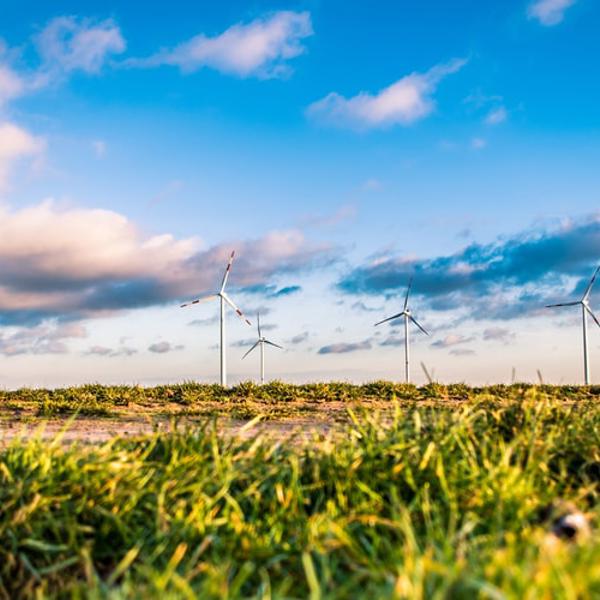
Fire safety checks
To help protect you, we regularly check all gas and electrical systems in your home. If you need a bit of extra support or have specific needs, we can also support you with things like hoarding concerns or arranging a home fire safety visit with Greater Manchester Fire and Rescue Service.
A good quality smoke alarm that meets British Standards could save your life. Without one, your risk of harm in a house fire is much higher.
As a Southway tenant, you get a free annual service and safety check of your smoke alarms.
Greater Manchester Fire and Rescue Service also offers a free home fire risk assessment. They’ll test your smoke alarms or fit one for free if you don’t have one.
If you choose to buy your own smoke alarm, make sure it meets British Standard regulations. Fit it between your living areas and bedrooms, following the manufacturer’s instructions. You should be able to hear it clearly throughout your home.
To keep your smoke alarm working:
- Test it once a week
- Change the battery once a year
- Keep it clean and free of dust
We also carry out regular fire risk assessments in any building with shared or communal areas. This includes checking:
- Fire alarms, replacing them where needed
- Gas, electrical and fire safety systems
- Flat entrance doors

Fire safety tips for your home
Here are some simple steps you can take to reduce the risk of fire and to protect yourself if a fire starts:
- Test your smoke alarm every week. Press the button to on the cover to make sure it makes a sound. If it isn’t working, please contact us.
- Before bed, check your cooker and oven is turned off and any candles or cigarettes are safely out
- Keep your home tidy and get rid of flammable items like old newspapers
- Keep internal doors closed, especially at night, to stop fire and smoke spreading
- Make sure you know what to do and where to go if a smoke alarm goes off during the night
- Plan your escape route and keep it clear
What to do in the event of a fire
Over half of all accidental house fires start in the kitchen – and most of those involve the cooker.
To stay safe:
- Never hang tea towels on or near the cooker
- Don’t leave the cooker on when it’s not being used
- Never leave it unattended while it’s on
- Keep leads from appliances like kettles and toasters away from the cooker
- Clean fat and grease, especially in the grill pan
- Never leave children alone in the kitchen
Chip pan fires are one of the biggest causes of fire-related injuries at home.
To avoid risk:
- Never fill a pan more than a third full of oil or fat
- Don’t leave the pan unattended, not even for a second
- Dry chips before cooking
- If the oil starts to smoke, turn off the heat and let it cool
If your chip pan catches fire:
- Don’t panic
- Don’t move the pan
- If safe to do so, turn off the heat but don’t reach over the pan
- Don’t throw water on it
- Don’t use a fire extinguisher
- If you can, cover the pan with a damp cloth, towel, or a heavy tray or breadboard to smother the flames.
- Let the pan cool completely, leave it for at least 30 minutes
- If the fire is out of control, close the kitchen door, get everyone out, and call 999
Never go back inside until the fire service says it’s safe
Cigarettes, matches and lighters are the biggest cause of deaths in accidental house fires. Every three days, someone in the UK dies because of a fire started by a cigarette.
To stay safe:
- Keep matches and lighters away from children
- Never smoke in bed or leave a lit cigarette unattended
- Use a sturdy ashtray
- Be extra careful if you’re tired or have been drinking
Candles have exposed flames and can cause fires easily.
To use them safely:
- Use a proper candleholder which the candle fits in, on a flat, heat-resistant surface
- Keep candles away from draughts, curtains, furniture, materials and anything flammable
- Never place candles on polished surfaces like TVs
- Leave plenty of space around and above the flame
- Keep them out of reach of children and pets
- When putting out a candle, use a metal spoon
- Let candles cool before moving them
To reduce the risk of electrical equipment causing fires in your home:
- Turn off and unplug appliances at night or when you’re away, except those that are meant to be permanently switched on such as fridges
- Make sure your appliances have the right fuse:
- 3 amp for equipment up to 720 watts
- 13 amp for anything over 720 watts
- Avoid using multi-way adaptors
- Don’t run extension leads or cables under carpets
Watch out for signs of dangerous wiring, such as:
- Hot plugs or sockets
- Fuses blowing for no reason
- Flickering lights
- Brown scorch marks on sockets or plugs
If you spot any of these issues, please contact us straight away.
Where to find more safety advice
For extra guidance and support, you can also visit:
- Greater Manchester Fire and Rescue Service
- Gov.uk Housefires: fire safety and financial advice
- Fire safety in the home – downloadable leaflet



